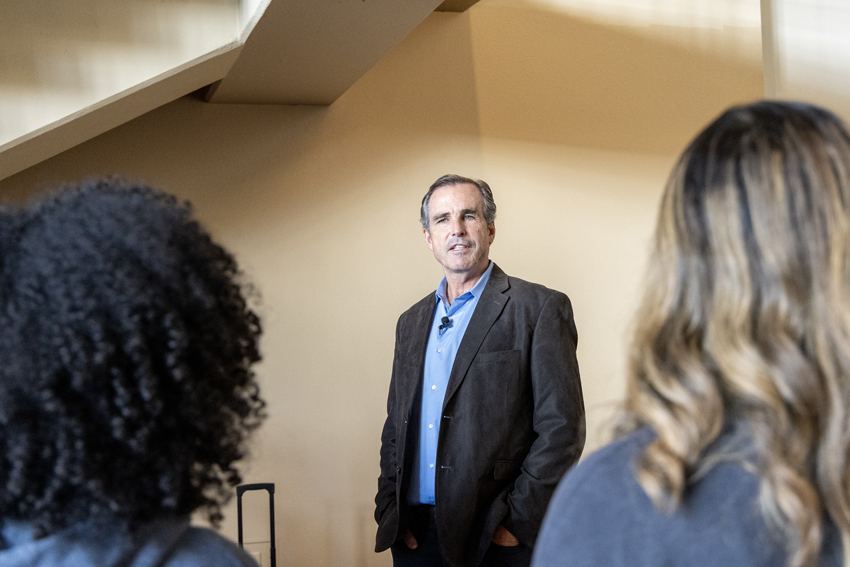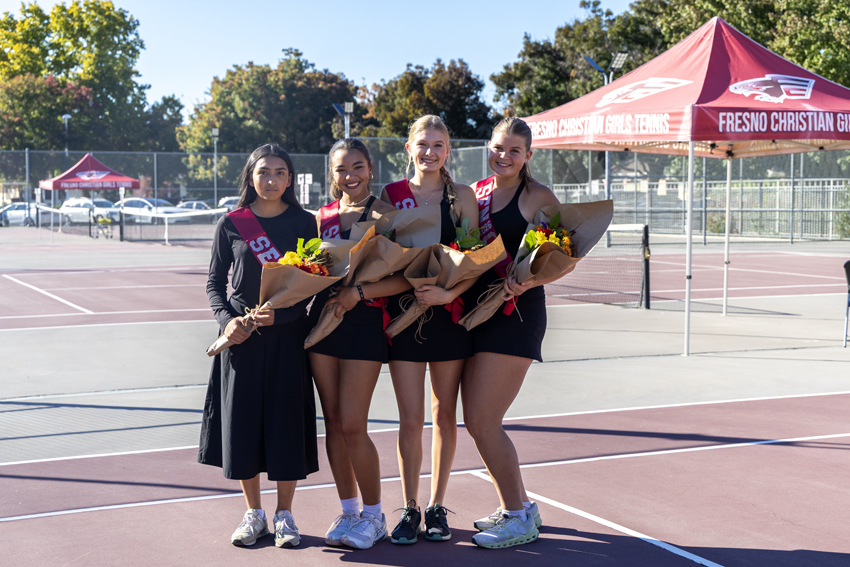-225x300.jpg)
On the island of Palawan in the Pacific Theater, Jack Leonard made a discovery that would enable the United States Military to crack the Japanese code system.
Countless American lives were saved by the discovery of the singed book, and helped to alert our forces of upcoming attacks. Leonard’s story is one of many that most people may never hear, and could have been lost to the forces of time.
With each passing generation, Americans are becoming more engulfed in the intricate web that is technology. Modern electronics and the media have altered the way men and women think, and have instilled a more progressive mindset.
Being influenced by technology and the media can be perceived as an unbiased and true representation of current events. But, most news corporations have an agenda behind their coverage. One of the most universal and controversial topics in our countries recent past and present has been War.
War affects all Americans and has touched most of us in different ways. That is why the general public has an insatiable appetite for coverage supporting or discouraging war efforts.
WWII veteran, Jack Leonard, came from a generation that is commonly referred to as the “Greatest Generation.” He came from a time where the average American citizen did not rely on the Internet to Google his every problem, but was forced to use his God-given talents to work it out.
The WWII veterans were given the job of going to war and performing their duty to the best of their ability–no questions asked. Society served its part by showing respect to the veterans and accepting them back as the same people they were when they deployed.
Following the conclusion of the war, Leonard, who had served as a cryptographer in the Phillippines, refused to share details of his experiences in the war with his children.
“It was gone,” Leonard said. “As far as the war was concerned, you didn’t think about it. That is what all us veterans did, we forgot. There was no treatment for mental illness, we simply came back and went to work.”
(PODCAST) Jack Leonard, A veterans perspective–Nov. 20, 2014
Leonard’s son, Scott, is now the president of Guarantee Real Estate, who was born shortly after the war, he remembers the general attitude of the public following the war’s conclusion.
“I do not recall anybody whining,” Scott said. “They came home, went to work, raised their families, paid their bills and they put it behind them.”
All soldiers that have served our great country deserve the utmost honor and respect from us, the beneficiaries, of their hard work and sacrifice. Yet some citizens of America do not feel war and conflicts call for the deployment of our troops.
Overall American support for war has declined exponentially since the end of the second World War.
When veterans returned to the States after WWII, there were speeches in cities across the country about the sacrifice everyone had made to win the war. Parades ensued, confetti fell from the sky like leaves from trees and marching bands walked boulevards all across this great country to pay their respect and show gratitude to our veterans.
Leonard recalls what it was like to return back to the States from the Pacific front.
“When we came back we weren’t discharged soldiers,” Leonard said. “We were treated as regular civilians, after the initial homecoming celebrations. We were normal human beings, if we were friends before we were friends and if we weren’t we weren’t. It was like things went back to the way they were before the war.”
Unfortunately, the same can not be said for more recent wars. Beginning with the Vietnam War, public and media in the States showed animosity and hatred to our young men that were drafted or had enlisted to serve in the eradication of oppression in Vietnam.
What has changed? During WWII, Hollywood and the news media were one hundred percent in support of our military; they produced supportive material. Yet now media and movie production companies have made our military out to be uncontrollable killers, especially in the years after the Vietnam War.
It was not uncommon for returning veterans to be spat on and berated by the general public, who had not even set foot in the combat zone. The reason why is still debated.
All we can do now, is learn from societies past mistakes, and former triumphs. By listening to those that were apart of the “Greatest Generation,” those that created and led us into the modern era, is imperative for a successful future for our great country.
Be sure to listen to the podcast enclosed as Leonard tells his recollections as a cryptographer in WWII.
Follow The Feather via Twitter @thefeather and Instagram @thefeatheronline. The writers can be reached via Twitter: @Namoodnhoj and @2015Beal.
For more information, read Veterans of Today: Norris Jernigan (PODCAST) and Fresno salutes Coast Guard, veterans (VIDEO).
For more features, read the Nov. 20 article, Thanksgiving #FCgivesthanks: Join the Discussion.






